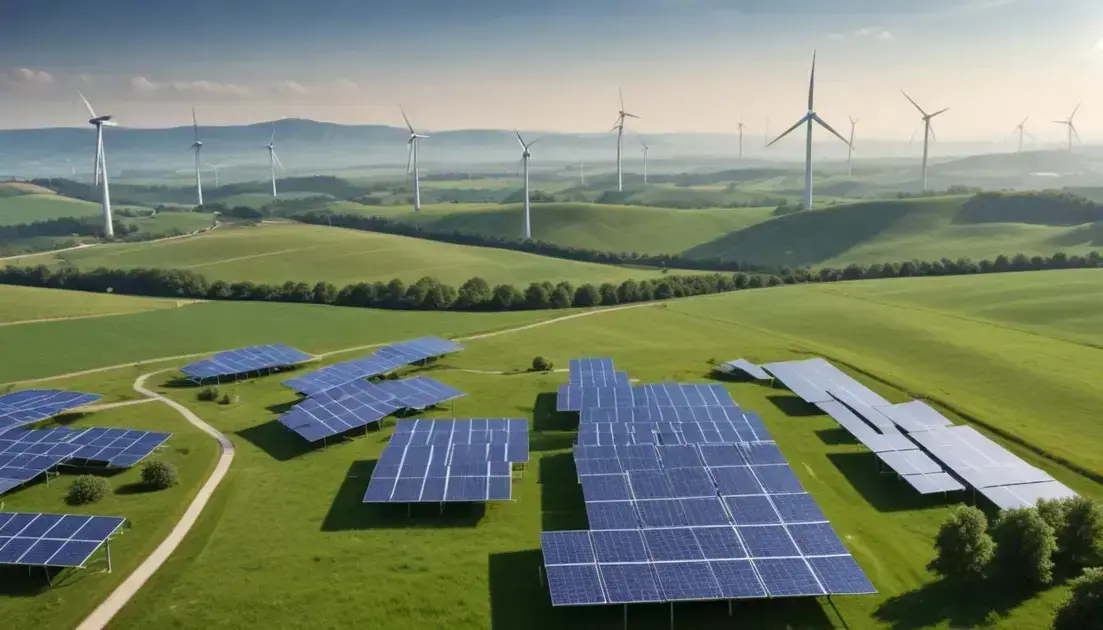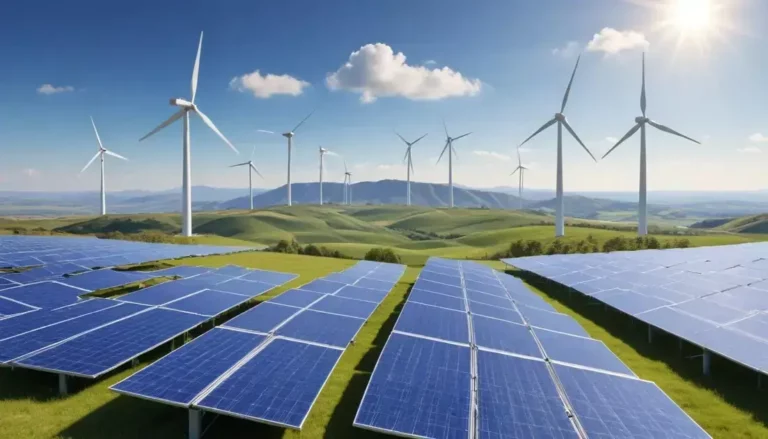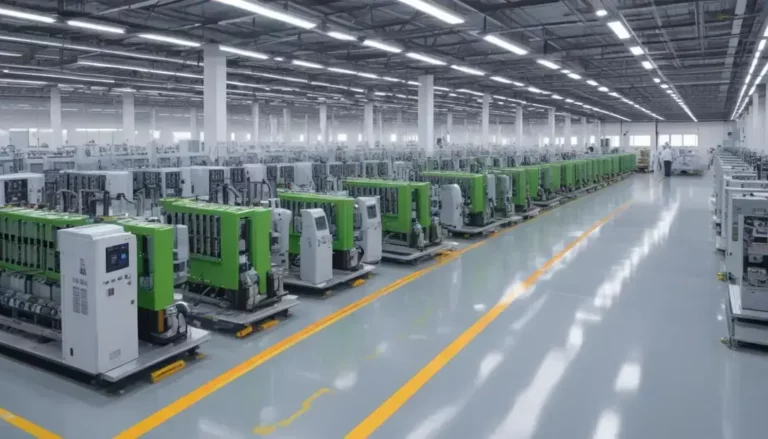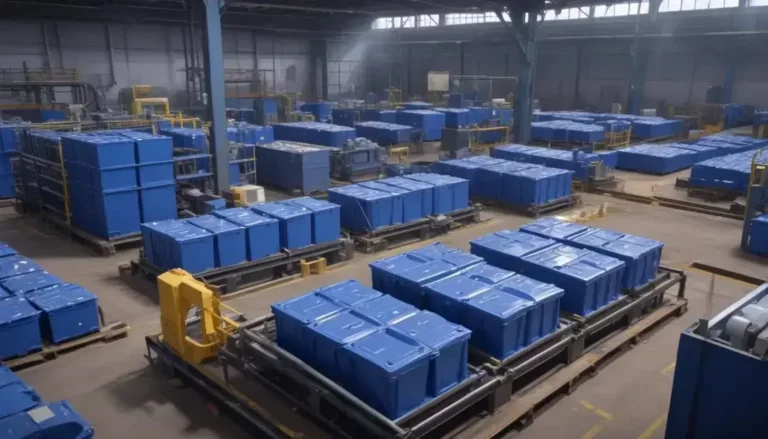Schroders Greencoat invests in Repsol’s renewable assets
Renewable energy investment is gaining momentum as Schroders Greencoat acquires a 49% stake in Repsol’s diverse renewable assets, signaling a strong commitment to sustainability and the transition toward cleaner energy solutions.
The recent surge in renewable energy investment is reshaping the energy landscape. Schroders Greencoat’s acquisition of a 49% stake in Repsol’s portfolio is a significant indicator of this shift.
Details of the investment and portfolio structure
Schroders Greencoat’s recent investment brings new dynamics to the renewable energy sector. By acquiring a 49% stake in Repsol’s diverse renewable assets, the partnership signals a strong commitment to sustainability and innovation. This strategic move emphasizes the growing importance of renewable energy in global portfolios, paving the way for a future powered by cleaner energy sources.
The investment covers an array of assets, including solar plants and wind farms, demonstrating a balanced approach to harnessing different forms of renewable energy. Each asset in the portfolio contributes uniquely to the overall production capacity, showcasing a calculated strategy to maximize energy generation while minimizing environmental impact.
Additionally, this partnership enhances Repsol’s strategy to diversify its energy offerings. With such a significant investment by Schroders Greencoat, the synergy between financial backing and industry expertise is likely to propel asset growth and sustainability innovations. The combined efforts may lead to advancements in technology used in renewable installations, ultimately benefiting both companies and the environment.
Repsol’s strategy and future plans
Repsol’s strategy focuses on enhancing its renewable energy footprint while remaining committed to sustainability. The company is transitioning from traditional fossil fuels to cleaner energy sources, which is crucial for reducing carbon emissions. This shift involves significant investments in technologies that harness wind and solar power, bolstering its position in the rapidly evolving energy market.
By collaborating with partners like Schroders Greencoat, Repsol aims to leverage financial expertise and operational insights to accelerate the development of its renewable portfolio. This partnership not only amplifies their renewable capabilities but also aligns with global sustainability goals, presenting a robust response to climate change challenges.
Future plans involve expanding their existing renewable assets and innovating solutions for energy storage and efficiency. Repsol is committed to investing in research to harness emerging technologies, enabling a more efficient transition to a low-carbon economy. Engaging in strategic alliances and exploring new markets will also play a critical role in Repsol’s growth, ensuring they remain competitive in an increasingly green energy landscape.
In summary, the shift toward renewable energy is here to stay
Schroders Greencoat’s significant investment in Repsol’s renewable assets highlights the importance of sustainability in today’s energy landscape. This partnership not only strengthens their commitment to clean energy but also contributes to a greener future.
As companies leverage such collaborations, they are likely to drive innovation and efficiency in renewable technologies. By focusing on cleaner energy solutions, businesses can play a crucial role in combating climate change.
Ultimately, integrating sustainability into energy strategies is not just a trend; it is essential for long-term success and environmental responsibility. The future is bright for renewable energy, and every step taken today will help create a better tomorrow.
Frequently Asked Questions
What does the investment in Repsol’s renewable assets entail?
The investment involves acquiring a 49% stake in a diverse portfolio of renewable energy assets, including solar and wind facilities.
Why is Schroders Greencoat investing in renewable energy?
The investment reflects a strong commitment to sustainability and the growing demand for cleaner energy solutions in the market.
How does Repsol plan to enhance its renewable energy strategy?
Repsol aims to expand its renewable assets and invest in innovative technologies to improve efficiency and reduce carbon emissions.
What role do partnerships play in the renewable energy sector?
Partnerships bring together financial expertise and operational knowledge, which can accelerate the development of renewable projects.
What are the benefits of transitioning to renewable energy?
Transitioning reduces carbon emissions, helps meet sustainability goals, and can lead to financial savings in the long run.
How can individuals support the shift towards renewable energy?
Individuals can support this shift by choosing renewable energy sources, advocating for sustainable practices, and staying informed about energy policies.






